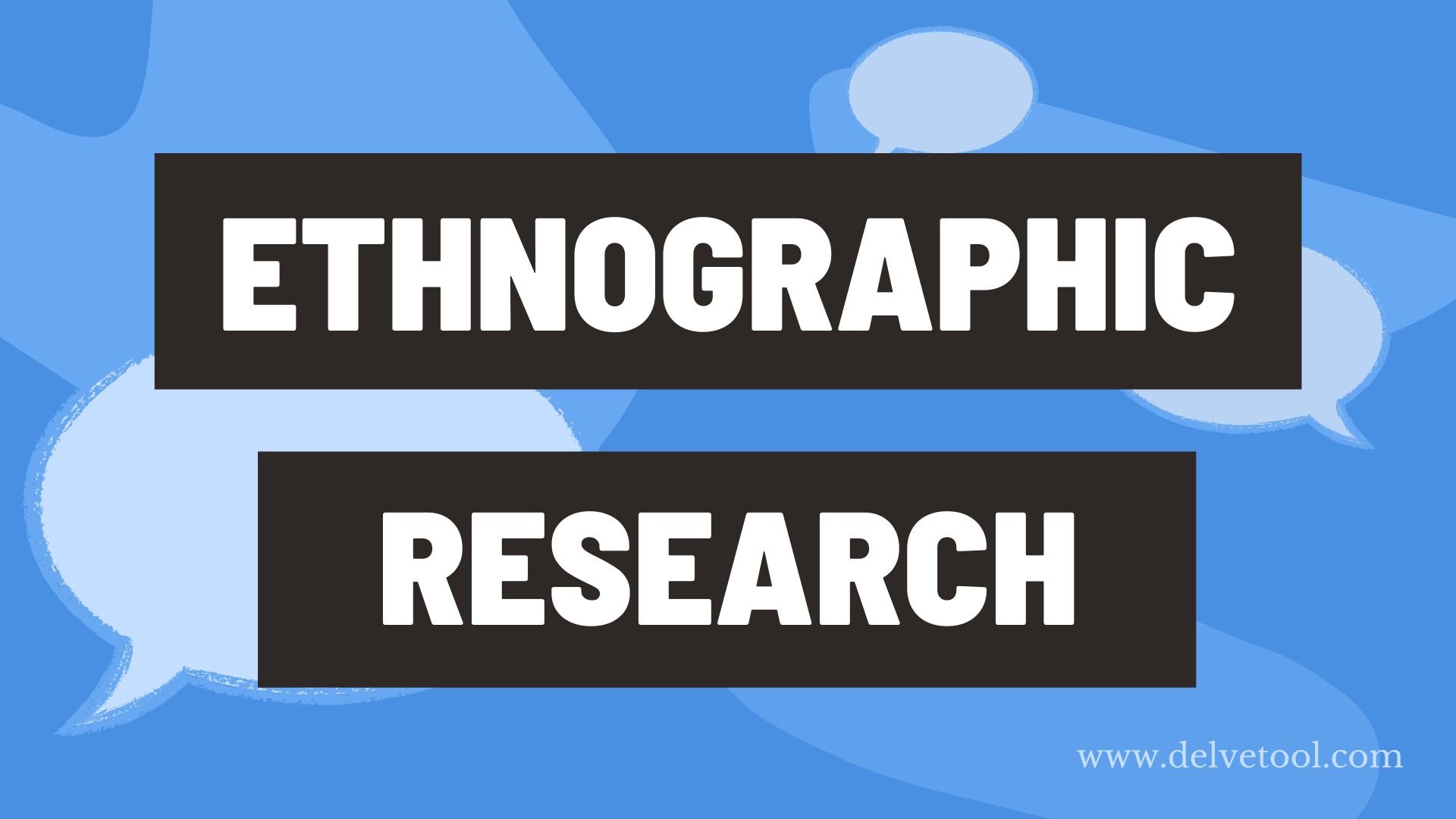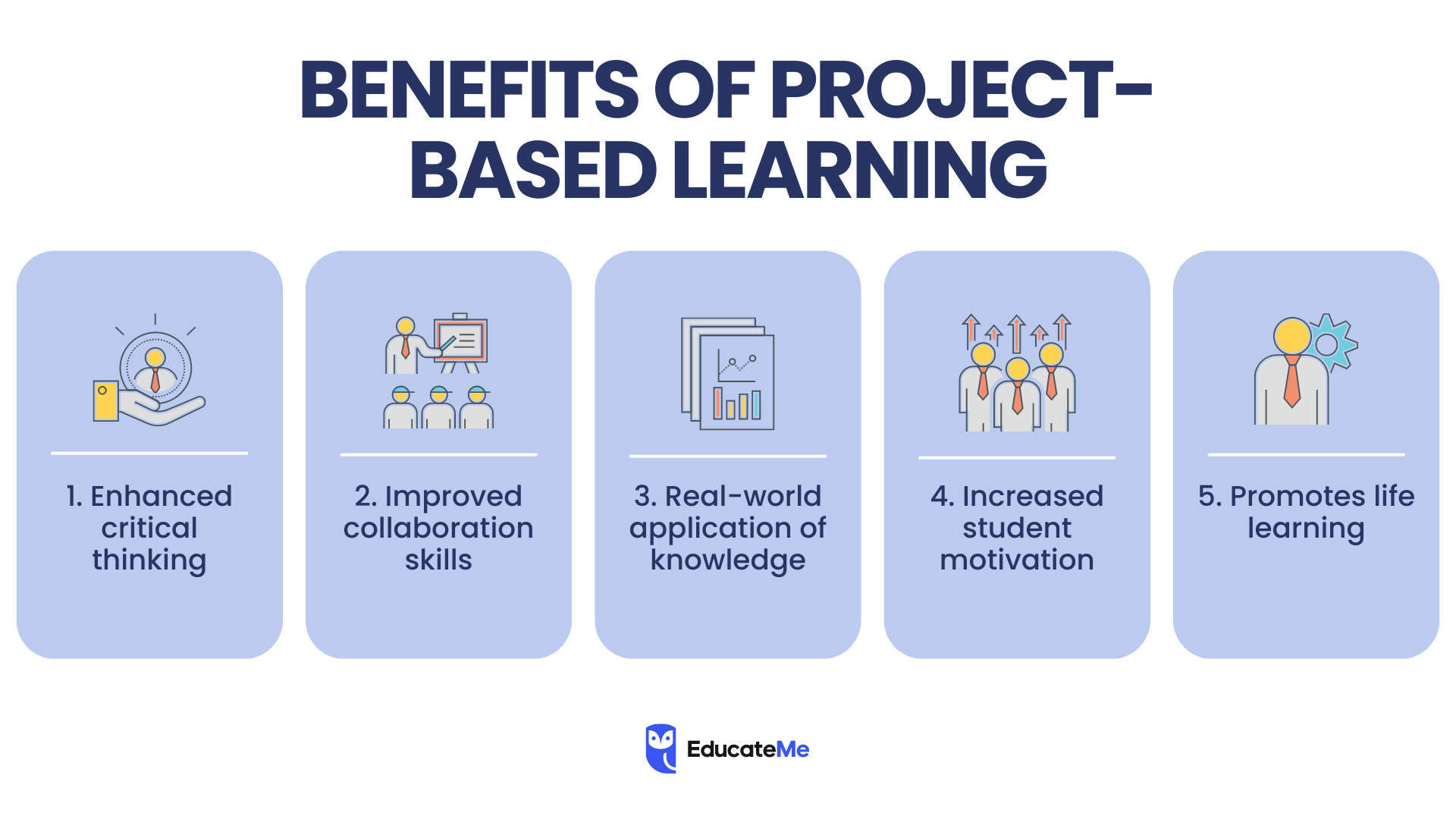Ethnography ethnographic research is literally entering into and immersing yourself into a culture or social group to understand how they behave, what they believe, and their values. A qualitative research approach based on observation, interviews and participation.
Ethnographic Characteristics
Immersive environment: Researchers spend more time among the people they study, gaining insight from watching, being part of and experiencing the world.
Participant Observation: The researcher participates in the group activities of those carrying out the investigation.
Full Context: Ethnographers put the emphasis on the big picture, with little desire to isolate specific variables.
Inductive: A theory or explanation developed by researchers based on the observations and interaction of what they are studying.
Types of Ethnography
Classic Ethnography: Years of participant observation in one single culture.
Quick Ethnography: Shorter-term – looks at specific research questions
Virtual Ethnography: Exploring online communities and cultures.
Autoethnography — The process of doing ethnography on your own community (sometimes even yourself)
Safety First – Ethical Considerations in Ethnographic Research
Informed Consent: Ensure that you obtain the informed consent equally in researching a study over or when obtaining participants, if they are vulnerable anglers.
Privacy and confidentiality: Maintain the identities of participants as confidential
Reflexivity: Take note and process the biases and viewpoints of the researcher
Cultural Sensitivity: One must do reverse ethnography and respect those people whose cultural norms and values are being studied.
Use Cases Of Ethnography Ethnography is used across a diverse set of disciplines, including:
Anthropology: The science of using other cultures as a backdrop.
Field: Sociology — The study of social groups and organizations.
Education: Analyzing things that go on in classrooms and student perceptions.
Traditional Business: Investigating in-company culture as well as customer behaviour.
Health Sciences: A context of health practices and beliefs
The sociologist finds his answers through participation in the lives of others, by being out there, not judging but actually living and watching.



